Introduction on The Benefits of Online Learning for Working Professionals:
In an era marked by technological advancements and a fast-paced professional landscape, the adoption of online learning has become a game-changer for working professionals seeking to enhance their skills and further their careers. This blog delves into the myriad benefits that online learning offers to individuals balancing the demands of a career while aspiring to advance their knowledge and expertise.
The Benefits of Online Learning for Working Professionals
- Flexibility in Learning: Tailoring Education to Busy Schedules
One of the primary advantages of online learning for working professionals is the flexibility it provides. Online courses allow individuals to tailor their learning schedules around their work commitments. Whether it’s early mornings, late nights, or weekends, professionals can access course materials at their convenience, making education adaptable to their busy lifestyles.
- Accessibility to a Variety of Programs: Diverse Learning Opportunities
Online platforms offer a plethora of courses spanning various disciplines and skill levels. Working professionals can choose from a wide array of programs, from professional certifications to advanced degrees, allowing them to focus on specific areas of interest or fill skill gaps relevant to their careers.
- Cost-Effectiveness: Minimizing Financial and Time Investments
Online learning often proves to be a more cost-effective option for working professionals. The absence of commuting costs, accommodation expenses, and the ability to continue earning while studying make online education a financially viable choice. Additionally, the time saved from commuting to traditional classes can be redirected towards productive learning.
- Customized Pace of Learning: Catering to Individual Learning Styles
Each professional has a unique learning pace, and online courses accommodate this diversity. Working individuals can progress through materials at their own speed, ensuring a thorough understanding of concepts before moving on. This personalized approach enhances comprehension and retention, leading to a more effective learning experience.
- Interactive Learning Tools: Engaging and Immersive Educational Experience
Online learning platforms leverage a variety of interactive tools such as video lectures, quizzes, forums, and virtual simulations. These tools create a dynamic and engaging learning environment, enhancing the overall educational experience for working professionals. Interaction with peers and instructors is facilitated through discussion forums and collaborative projects, fostering a sense of community.
- Global Networking Opportunities: Connecting Professionals Worldwide
Online learning breaks down geographical barriers, providing working professionals with opportunities to connect with peers, industry experts, and mentors from around the globe. Networking within a diverse online community exposes professionals to different perspectives, insights, and potential collaborations, enriching their overall professional experience.
Expansion:
- Career-Relevant Content: Aligning Education with Professional Goals
Online learning platforms often offer courses and programs designed to address current industry trends and demands. This ensures that working professionals can acquire skills directly applicable to their careers. The relevance of the content enhances the immediate applicability of newly acquired knowledge, allowing professionals to stay abreast of industry changes.
- Continuous Learning: Staying Updated in a Dynamic Work Environment
The rapid pace of technological advancements necessitates continuous learning for professionals to remain competitive. Online learning facilitates ongoing education, enabling individuals to stay updated on the latest developments in their field. This commitment to lifelong learning is crucial for adapting to industry changes and maintaining a competitive edge.
- Self-Paced Skill Development: Adapting to Evolving Job Roles
The professional landscape is evolving, and job roles are becoming increasingly dynamic. Online learning empowers working professionals to proactively develop and update their skills at their own pace. This adaptability is particularly valuable as professionals navigate changes in their job responsibilities or explore new career paths within their industries.
- Increased Productivity: Balancing Work and Learning Efficiently
The flexibility of online learning allows working professionals to balance their work responsibilities and educational pursuits more efficiently. This adaptability often results in increased productivity, as professionals can seamlessly integrate learning into their daily routines without disrupting their work schedules. This dual commitment to career and education fosters a sense of accomplishment and personal growth.
- Resume Enhancement: Boosting Professional Credentials
Completing online courses and earning certifications is a tangible way for working professionals to enhance their resumes. Employers recognize the value of continuous learning, and showcasing relevant online courses can make a significant impact during job searches or performance evaluations. The added credentials gained through online education contribute to a well-rounded professional profile.
Conclusion:
Online learning has emerged as a transformative force for working professionals, offering unparalleled flexibility, accessibility, cost-effectiveness, personalized learning, interactive tools, and global networking opportunities. As professionals seek to upskill, reskill, or pursue advanced degrees, the benefits of online learning make it an indispensable resource in their journey towards career advancement and personal development.


